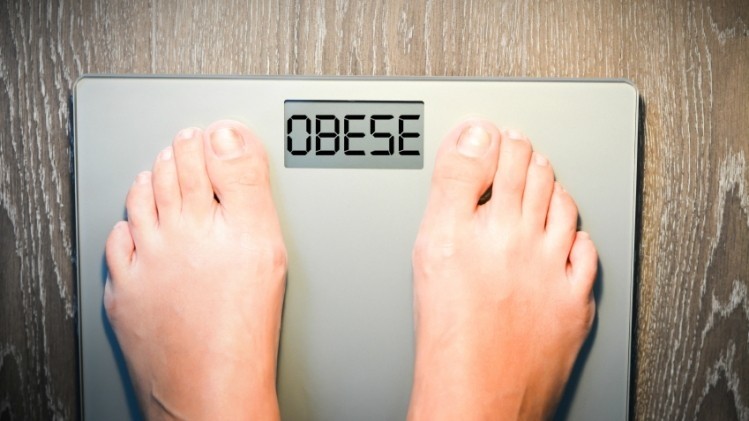Subsequently, the probiotics might help reduce body weight, visceral fat mass and waist circumference and increase adiponectin, demonstrating the therapeutic potential for preventing or alleviating obesity or assisting overweight individuals.
These findings were featured in an RCT titled “Effects of Lactobacillus curvatus HY7601 and Lactobacillus plantarum KY1032 on Overweight and the Gut Microbiota in Humans: Randomized, Double-Blinded, Placebo-Controlled Clinical Trial” published in the journal Nutrients.
“In recent years, various studies have explored the relationships between the changes in the composition of the intestinal microbiome and body weight loss. In humans, gut bacteria play a vital role in digestion and energy extraction from food through various mechanisms. Probiotics can regulate the gut microbiota by influencing energy and lipid metabolism and the secretory functions of adipose tissue. Therefore, understanding the role of the gut microbiome in overweight and healthy individuals may lead to new strategies for treating obesity,” said the researchers.
For this RCT, the team gathered 59 subjects from the Vievis Namuh Hospital, Seoul, South Korea, aged 19 to 65. After breakfast every day over 12 weeks, subjects in the intervention group were instructed to take one 350mg probiotic capsule containing 250mg of L. curvatus HY7601 and L. plantarum KY1032. The control group took a placebo. Besides measuring anthropometric variables, the scientists collected stool samples for microbiome analysis.
Good potential
Supplementation with L. curvatus HY7601 and L. plantarum KY1032 showed that it could reduce body weight, waist circumference, body fat mass, and visceral fat area. Still, there was no significant change in body fat percentage.
Probiotic-induced weight loss was associated with reductions in body fat mass measured, which was positively correlated to changes in the gut microbiome composition. These results suggested a beneficial effect of such supplementation in the overweight subjects.
Upon further analysis of the biochemical variables, leptin and adiponectin levels were significantly different between the placebo and probiotic groups. Leptin and adiponectin are important indicators of obesity. Leptin is known as “the obesity hormone”, whereas adiponectin is a hormone that has an appetite suppressant effect.
The RCT findings suggested that the decreased leptin due to the probiotic intervention restored the body’s leptin sensitivity and significantly increased adiponectin levels.
The probiotics supplementation also altered the microbial composition, with increased Bifidobacteriaceae and Akkermansiaceae associated with body weight loss.
In conclusion, the results suggest a link between HY7601 and KY1032 and loss of visceral fat, suggesting that they have an anti-obesity effect. Hence, the supplementation could be given as a dietary intervention to prevent obesity and overweight.
“HY7601 and KY1032 exerted anti-obesity effects by regulating the gut microbiota composition, which could lead to effective therapeutic trials. The findings demonstrate that HY7601 and KY1032 intake can alter the composition and diversity of the human gut microbiome, and thereby help prevent obesity and its associated metabolic syndrome,” concluded the team.
Source: Nutrients
“Effects of Lactobacillus curvatus HY7601 and Lactobacillus plantarum KY1032 on Overweight and the Gut Microbiota in Humans: Randomized, Double-Blinded, Placebo-Controlled Clinical Trial”
DOI: 10.3390/nu14122484
Authors: Mo Sung-Joon et al.





















